

2019-12-16 11:37:00 Mon ET
technology antitrust competition bilateral trade free trade fair trade trade agreement trade surplus trade deficit multilateralism neoliberalism world trade organization regulation public utility current account compliance
America and China cannot decouple decades of long-term collaboration in trade, finance, and technology. In recent times, some economists claim that China may attempt to decouple decades of trade collaboration with the U.S. due to better tech supremacy on the eastern front. Several other economists further claim that China may try to revamp financial services and technological innovations well ahead of America.
Goldman Sachs chief strategy officer Stephanie Cohen indicates that these claims are overdone. In fact, Goldman continues to pursue fresh business opportunities in China after at least 2 decades of investment bank penetration there. In recent years, Goldman Sachs invests $60 million to bail out many depositors in Chinese brokerage firm Hainan Securities, which offers rich political connections in the one-party regime. Moreover, Goldman Sachs receives official approval from the China Securities Regulatory Commission (CSRC) to boost its equity stakes in Goldman Sachs Gao Hua Securities to the maximum cap of 51% from 33%. With managerial control over the joint venture, Goldman Sachs retains a key competitive advantage over its rivals such as JPMorgan Chase, UBS, and Nomura etc. This competitive edge empowers Goldman Sachs to further invest in Sino-American trade, finance, and technology in light of the new bilateral fair trade agreement.
If any of our AYA Analytica financial health memos (FHM), blog posts, ebooks, newsletters, and notifications etc, or any other form of online content curation, involves potential copyright concerns, please feel free to contact us at service@ayafintech.network so that we can remove relevant content in response to any such request within a reasonable time frame.
2020-11-03 08:30:00 Tuesday ET
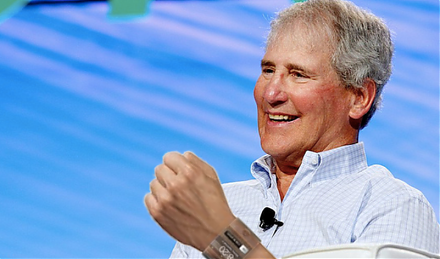
Agile lean enterprises break down organizational silos to promote smart collaboration for better profitability and customer loyalty. Heidi Gardner (2017
2018-05-06 07:30:00 Sunday ET
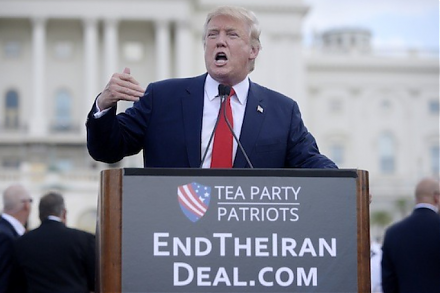
President Trump withdraws America from the Iran nuclear agreement and revives economic sanctions on Iran for better negotiations as western allies Britain,
2019-06-11 12:33:00 Tuesday ET
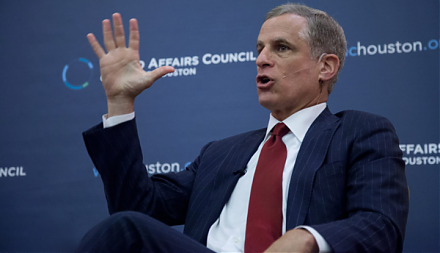
Dallas Federal Reserve Bank President Robert Kaplan expects the U.S. economy to grow at 2.2%-2.5% in 2019-2020 as inflation rises a bit. In an interview wit
2018-09-11 18:36:00 Tuesday ET
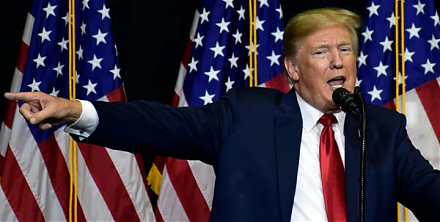
President Trump tweets that Apple can avoid tariff consequences by shifting its primary supply chain from China to America. These Trump tariffs on another $
2019-12-01 10:31:00 Sunday ET
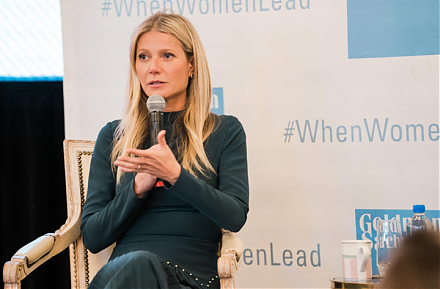
Goop Founder and CEO Gwyneth Paltrow serves as a great inspiration for female entrepreneurs. Paltrow designs Goop as an online newsletter, and this newslett
2018-01-15 07:35:00 Monday ET
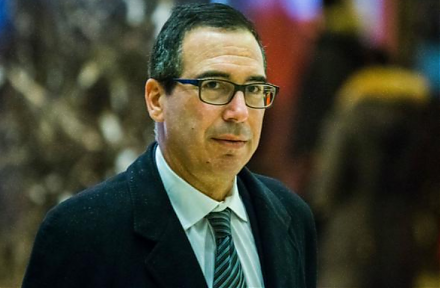
Treasury Secretary Steven Mnuchin welcomes a weak U.S. dollar amid pervasive fears of an open trade war between America and China. At the World Economic For